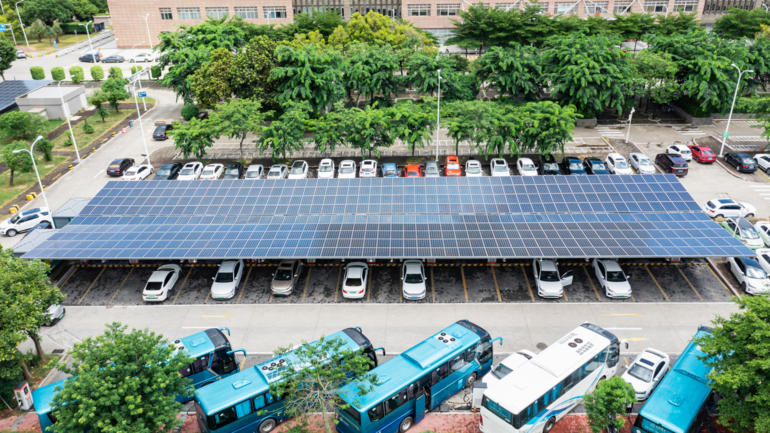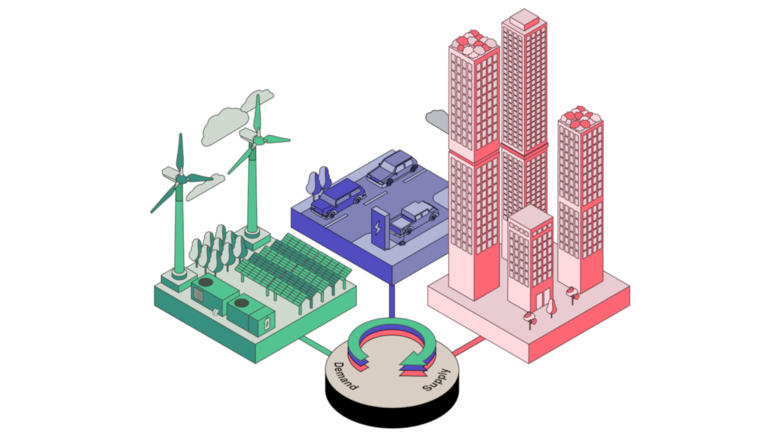Geneva, 17 January 2020: The World Business Council for Sustainable Development, in partnership with member companies Bridgestone, Deloitte, Microsoft, Pirelli and Toyota, today released a position paper on emerging principles for data-sharing in urban mobility.
The principles are contained in a new report that examines data-sharing through the lens of innovative and impactful use-cases in urban mobility.
WBCSD has identified five essential principles for data-sharing, working in partnership with mobility stakeholders including WBCSD member companies Bridgestone, Deloitte, Microsoft, Pirelli and Toyota, as well as auto manufacturers, operators, industry and public sector experts.
The principles for data-sharing are as follows. Data-sharing should:
- enable all stakeholders to create and capture value
- be ethical, inclusive and unbiased
- incorporate privacy by design
- embrace cyber-security by design
- be adaptive and iterative
The principles are designed to foster sharing models helping to unleash the untapped potential of data, with the aim of making urban mobility more sustainable. The principles are designed to address barriers stemming from competition, privacy, cybersecurity and ethical use of data.
WBCSD Director of Mobility, Thomas Deloison, said: “In the evolving mobility environment, it is imperative for all mobility stakeholders to recognize the value of the data they collect and be aware of issues relating to the use of that data. The five principles are here to guide public and private players alike to set out shared digital frameworks that can help deliver the mobility systems of the future. We encourage all mobility stakeholders to begin using them as the foundation of an effective, flexible and responsible approach to data-sharing.”
Background
Cities are commonly struggling to meet the mobility needs of their citizens, and this deficiency will be intensified in coming years as population growth, urbanization and the emergence of “megacities” (those with a population of more than 10 million people) complicate these challenges.
Today, some of the most critical issues include congestion and air pollution, increasing greenhouse gas (GHG) emissions from the transportation sector, lack of investment in public infrastructure, customers’ expectations from mobility options, and often overloaded and inefficient road and transit systems.
These challenges can be addressed through a combination of measures including technological advances, policy and regulatory changes and a more integrated approach: for example through a seamless mobility services delivery system that allows users to book, plan, modify and pay for their journeys in real-time; a means to manage and optimize movement of passenger and goods fleets in a city to reduce congestion, etc.
To optimally realize this change, mobility needs a shared digital framework that enables data to be aggregated from old and new sources such as connected infrastructure and vehicles, smartphones and more. Today, digital information is collected and shared by both government and private sector entities, but there is a lack of guidelines and regulations governing the way it should be collected, used and stored.
The principles identified in the report are designed to facilitate the development of a new mobility system that will offer faster, cheaper, cleaner, safer, more efficient and more customized travel.








